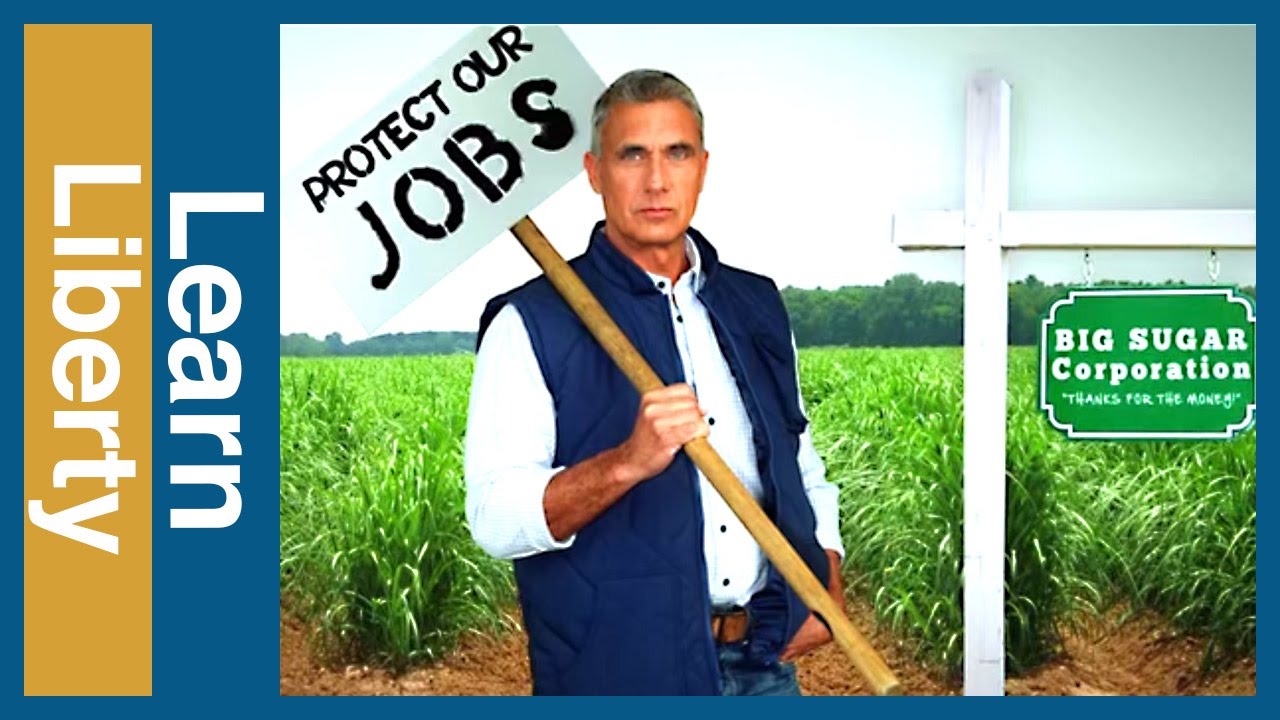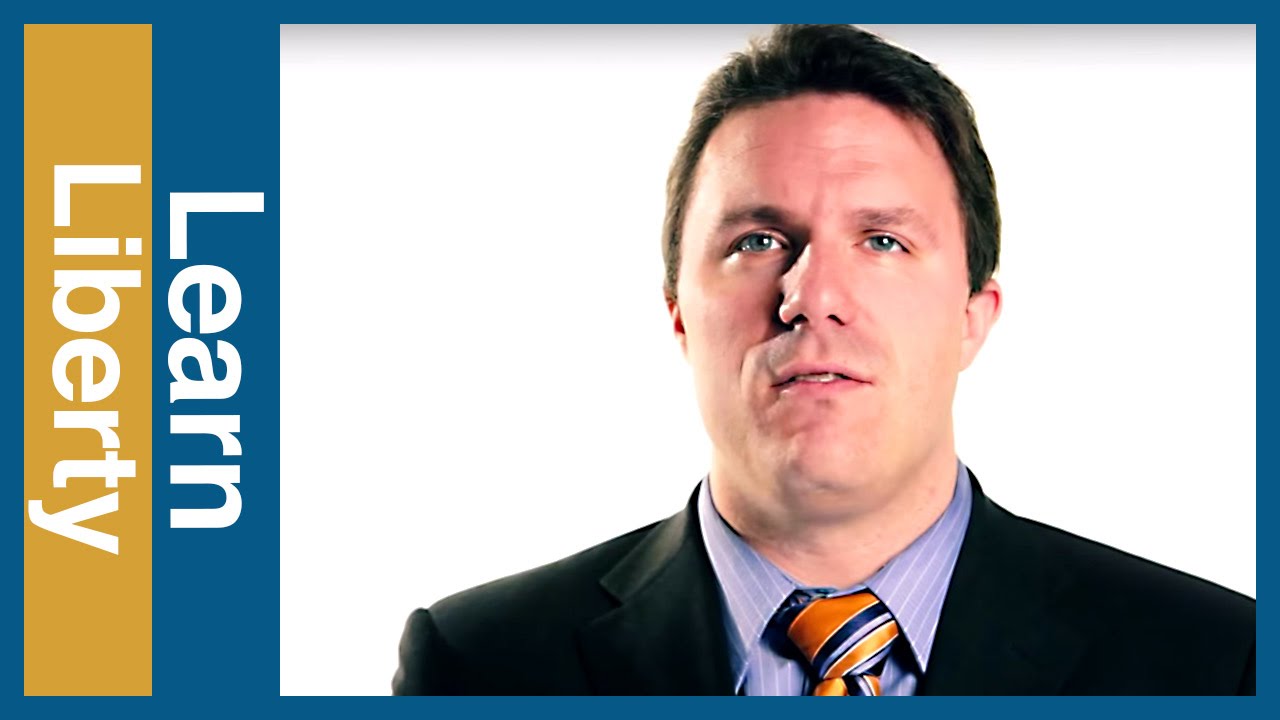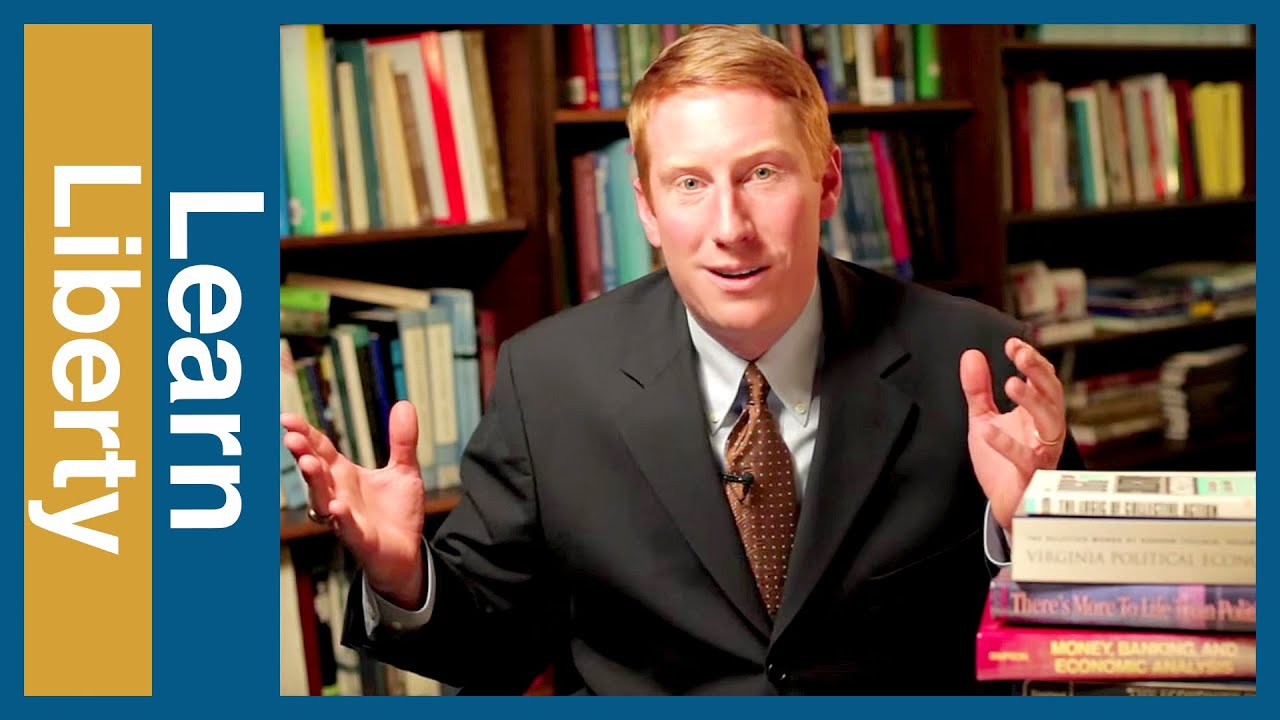Category:Lobbying & Special Interests


Why Are Gas Prices So High?
February 22, 2013 | Video
Rising gas prices fuel public outrage, and the popular explanation is that unscrupulous oil companies are taking advantage of helpless consumers. This makes a good story but, as Professor Art Carden explains, it’s not accurate. Instead, gas prices can be explained by the laws of supply and demand. Supply shifts occur when it becomes easier […]

Why Is the NRA So Powerful?
January 18, 2013 | Video
Why is it that organized interest groups such as the National Rifle Association wield such powerful influence in policy discussions? According to Professor Mike Munger, the reason is simple. In politics, small but organized groups win. Politics is sometimes more complicated than simply having the majority of voters on your side. Prof. Munger explains the […]

Why Is There Corn in Your Coke?
November 19, 2012 | Video
Coca-cola used to be made with real sugar, but in 1984 the makers of the soft drink replaced sugar with corn syrup. Why did this happen? Part of the reason is because corn syrup became less expensive than sugar. In fact, sugar is nearly twice as expensive in America as in the rest of the […]

How Cronyism Is Hurting the Economy
July 9, 2012 | Video
The United States economy suffers from corporatism and cronyism, which occurs when businesses collude with government to obtain special benefits. The Occupy Wall Street movement has decried this rampant cronyism, but what is the best solution? Professor Jason Brennan contends that while it may seem like the solution is to allow government more power to […]

A Cost-Benefit Approach to Public Policy
October 17, 2011 | Video
Dr. Jeffrey Miron at Harvard highlights two different approaches to libertarianism. The first approach, which he refers to as philosophical libertarianism, claims that individuals have rights. These libertarians believe that their rights are often infringed upon by government action, and therefore, are averse to most government action. The second approach, which Miron spends the bulk […]

Public Choice: Why Politicians Don’t Cut Spending
April 20, 2011 | Video
Why do politicans never seem to cut government spending? Using public choice economics, or the economics of politics, Prof. Ben Powell shows how voters are rationally ignorant of what politicians do. This leads to a phenomenon called “concentrated benefits and dispersed costs,” which favors recipients of government payments at the expense of the average taxpayer.

